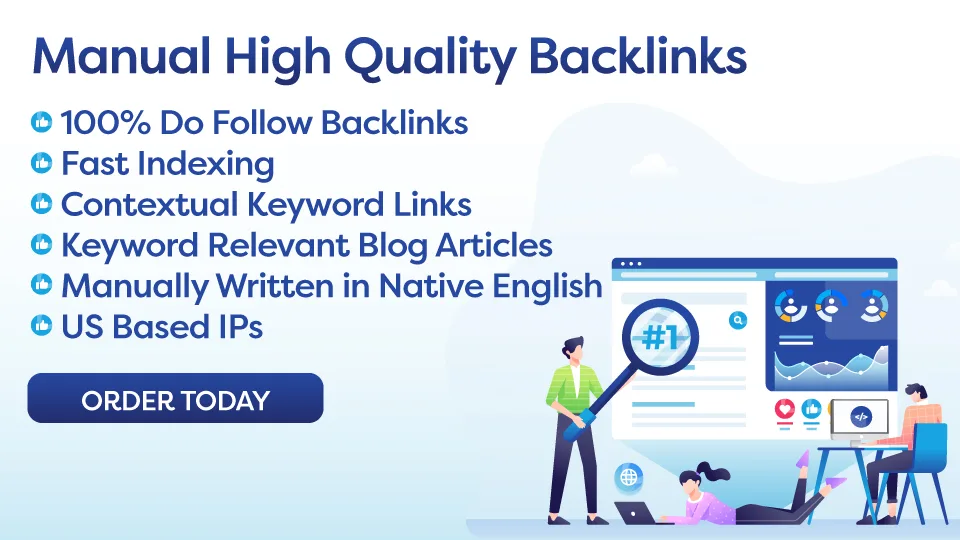In the digital age, having a strong online presence is crucial for startup success, with SEO playing a key role. However, startups often overlook legal considerations related to SEO, which can lead to potential lawsuits or penalties. Compliance with regulations like FTC guidelines and GDPR, protecting intellectual property rights through trademarks and copyrights, and ensuring transparency in marketing efforts are crucial for avoiding legal pitfalls. By following these guidelines, startups can build trust with customers, avoid legal issues, and establish a strong foundation for growth. Conducting a thorough review of SEO strategies and prioritizing transparency and accuracy are essential steps for navigating the digital landscape effectively.
Excerpt: Understanding the SEO legal considerations for startups can make or break your online presence. Learn how to navigate the legal landscape effectively.
Introduction:
In today’s digital age, having a strong online presence is crucial for the success of any startup. Search Engine Optimization (SEO) plays a vital role in ensuring that your business is easily discoverable online. However, many startups overlook the legal considerations that come with implementing SEO strategies. Ignoring these legal aspects can put your business at risk of facing potential lawsuits or penalties. In this article, we will explore the SEO legal considerations that startups need to keep in mind to avoid legal pitfalls and ensure long-term success.
Key Takeaways:
1. Understanding the importance of compliance with regulations when implementing SEO strategies.
2. Protecting your intellectual property rights in the digital realm.
3. Ensuring transparency and accuracy in your online marketing efforts.
Key Points:
1. Compliance with Regulations:
– Subheadings: FTC Guidelines for Disclosure, GDPR Compliance
The Federal Trade Commission (FTC) has specific guidelines that businesses must follow when it comes to online advertising and marketing. This includes the requirement to disclose any sponsored content or affiliate links. Failure to comply with these guidelines can lead to fines and legal trouble for your startup. Additionally, startups operating in the European Union (EU) need to ensure compliance with the General Data Protection Regulation (GDPR) to protect the privacy of their users’ data.
It is essential for startups to familiarize themselves with these regulations and incorporate them into their SEO strategies. By following these guidelines, your business will build trust with customers and avoid potential legal issues down the road. Implementing clear disclosures and obtaining explicit consent from users can help your startup stay in compliance with these regulations.
2. Protecting Intellectual Property Rights:
– Subheadings: Trademarks, Copyrights, Patents
When developing an SEO strategy, startups must be mindful of protecting their intellectual property rights. Trademarks, copyrights, and patents play a crucial role in safeguarding your brand, content, and inventions from being copied or used without permission. Registering your trademarks and copyrights can provide legal protection against infringement and help establish your ownership of unique assets.
It is also important for startups to conduct thorough research before choosing a brand name or creating content to ensure that they are not infringing on someone else’s intellectual property rights. By proactively protecting your intellectual property, your startup can avoid costly legal battles and establish a strong foundation for future growth.
3. Ensuring Transparency and Accuracy:
– Subheadings: Avoiding Deceptive Practices, Providing Accurate Information
Transparency and accuracy are key principles that startups should prioritize in their SEO efforts. Avoiding deceptive practices such as keyword stuffing, hidden text, or fake reviews is essential to maintain credibility and trust with your audience. Search engines like Google have strict guidelines in place to penalize websites that engage in manipulative tactics to boost their rankings.
Providing accurate information on your website and in your marketing materials is essential to build trust with customers and avoid potential legal challenges. Startups should ensure that they are not making false claims or misleading statements that could harm their reputation or lead to legal consequences. By prioritizing transparency and accuracy in your SEO strategies, your startup can establish a strong ethical foundation for long-term success.
Action Plan:
1. Conduct a thorough review of your current SEO strategies to ensure compliance with FTC guidelines and GDPR regulations.
2. Register your trademarks and copyrights to protect your intellectual property rights from infringement.
3. Implement transparency and accuracy in your online marketing efforts by avoiding deceptive practices and providing accurate information to your audience.
Conclusion:
In conclusion, understanding the SEO legal considerations for startups is essential to build a successful online presence while minimizing legal risks. By following regulations, protecting intellectual property rights, and prioritizing transparency and accuracy in your SEO strategies, startups can establish a strong foundation for long-term growth and success. Stay informed and proactive in addressing legal considerations to navigate the digital landscape effectively.
FAQ:
Q: What are some common deceptive practices to avoid in SEO?
A: Some common deceptive practices to avoid in SEO include keyword stuffing, hidden text, and fake reviews.
Q: How can startups protect their intellectual property rights online?
A: Startups can protect their intellectual property rights online by registering trademarks and copyrights, conducting thorough research, and avoiding infringement on others’ rights.

